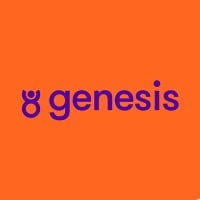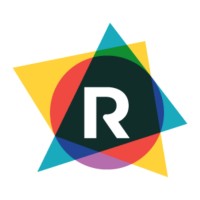
Genesis Global Limited
Genesis Global is a leading, mobile-first global gaming operator, with a 20 brand strong casino portfolio. Headquartered in Malta, with offices in Gdańsk, Poland and Gibraltar, Genesis is a fast-paced team of experts dedicated to bringing innovative and unique entertainment experiences. Founded in 2014, the company has grown into a key favourite for hundreds of thousands of players, whilst also being regulated by the British Gambling Commission, Malta Gambling Authority, Spelinspektionen and the General Directorate for the Regulation of Gambling.






